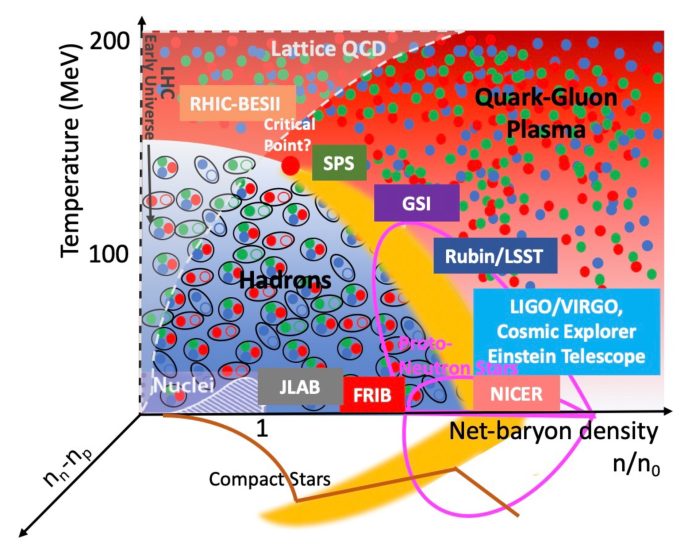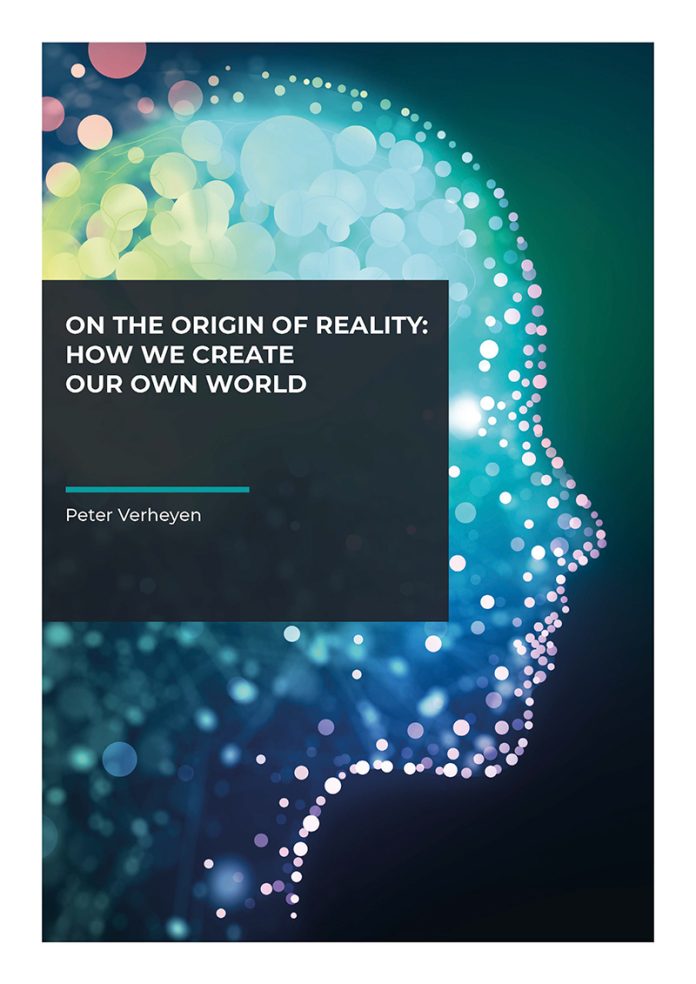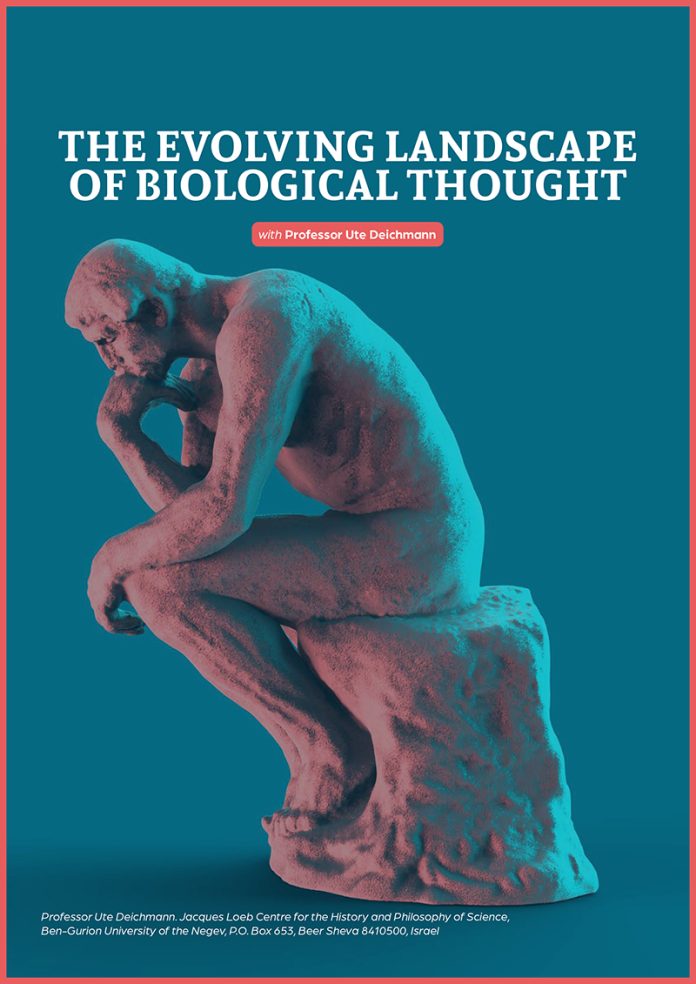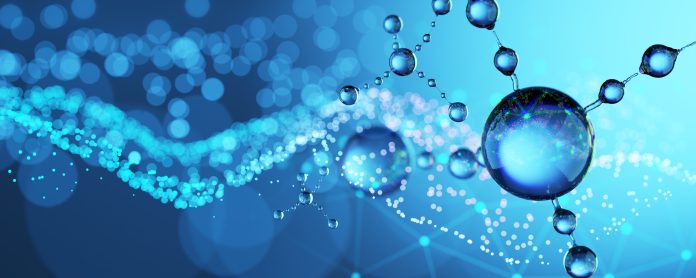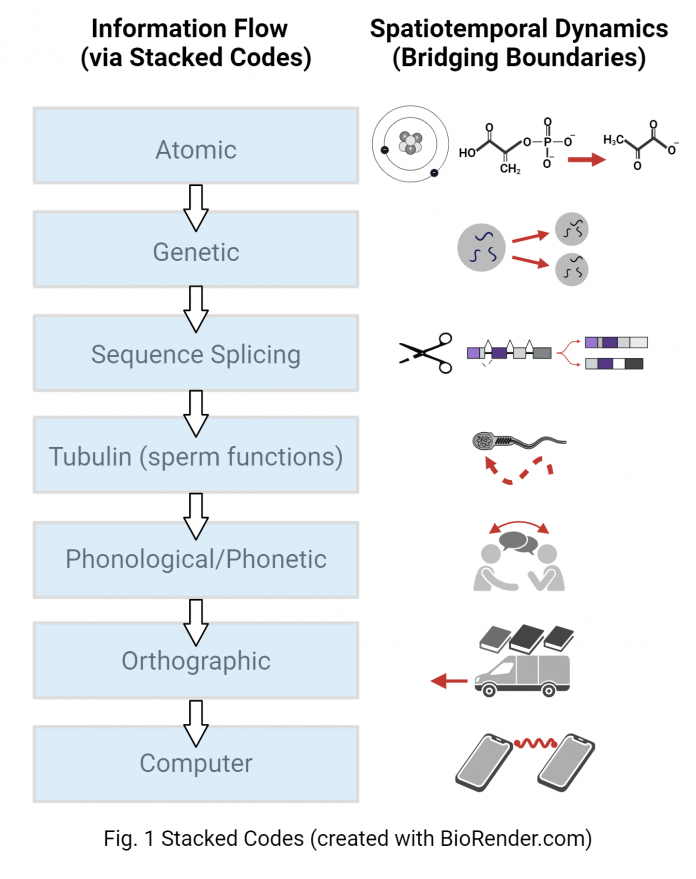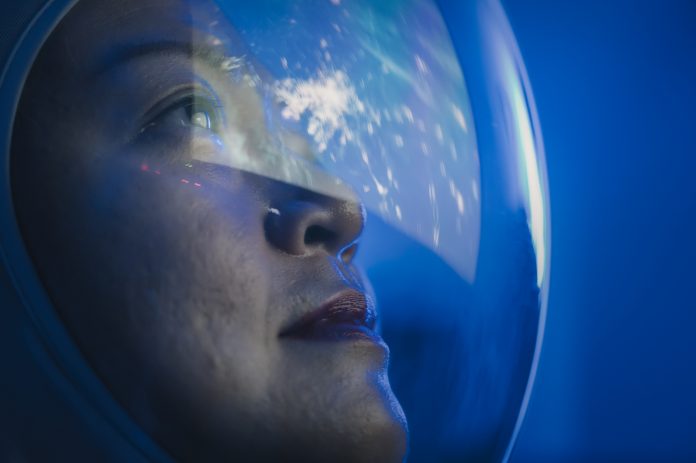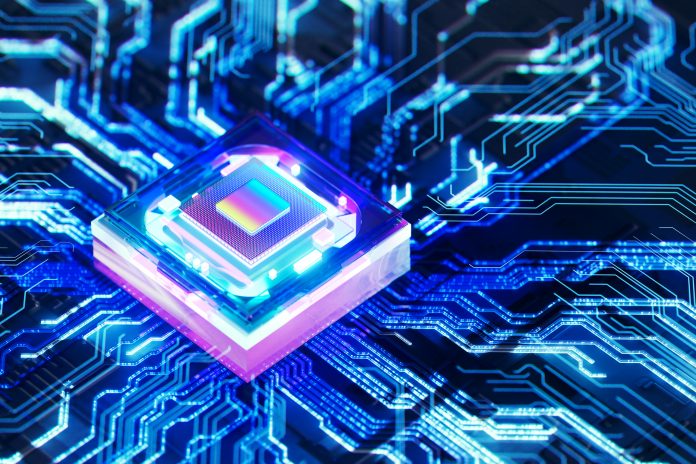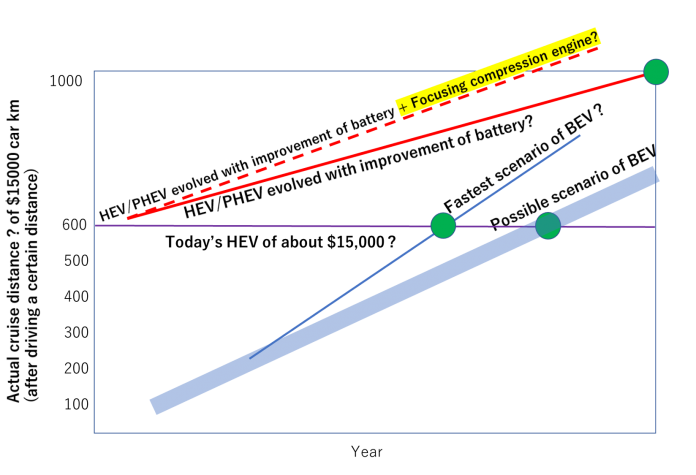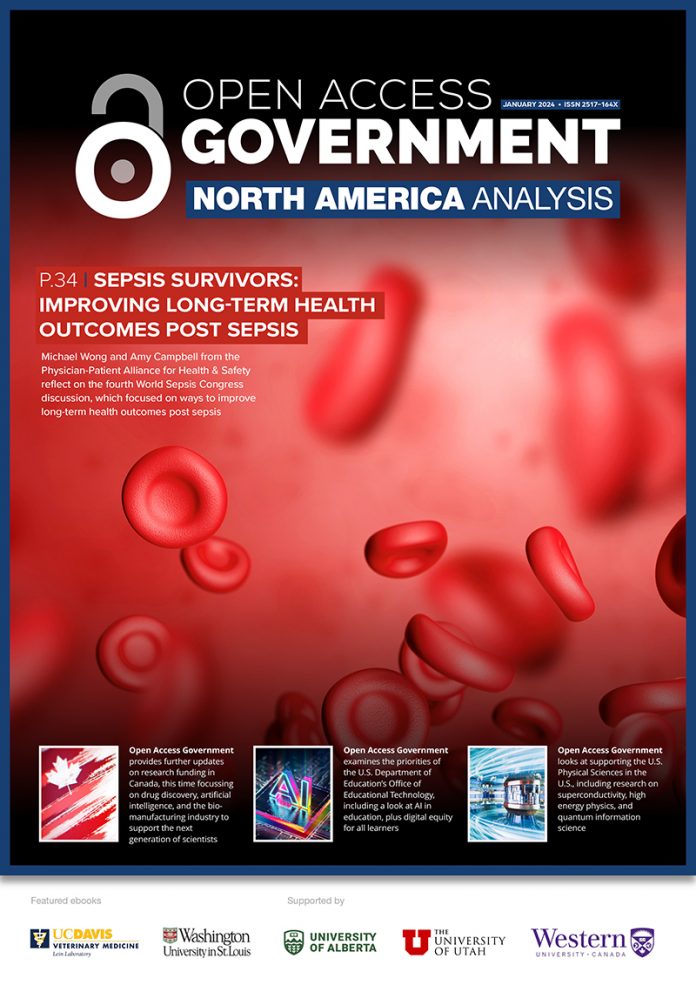Open Access Government produces compelling and informative news, publications, eBooks, and academic research articles for the public and private sector looking at health, diseases & conditions, workplace, research & innovation, digital transformation, government policy, environment, agriculture, energy, transport and more.
Home Search
quantum science - search results
If you're not happy with the results, please do another search
Top tech experts invited to join government fellowship to accelerate AI and digital innovation
The UK government has opened applications for a fellowship programme that hopes to bring together 25 of the country's leading tech minds into public service.
UK researchers gain better access to Horizon Europe funding
UK scientists, researchers, and businesses will now benefit from expanded access to Horizon Europe funding calls, specifically for quantum and space research, following the release of the 2025 Horizon Europe Work Programme.
Physics: Quarks and Gluons explained
Professor Claudia Ratti from the Physics Department at the University of Houston explains the essential information about quarks and gluons, including the so-called Quark-Gluon Plasma, plus Quantum Chromodynamics.
Seeking comparative advantage: The EU’s push for a new R&I programme
Jan Palmowski, Secretary-General of The Guild of European Research-Intensive Universities in Brussels, emphasises the need to seek comparative advantages in the European Union’s pursuit of a new R&I programme amid Donald Trump’s push for AI.
On the origin of reality: How we create our own world
This exclusive eBook explores the fascinating intersection of quantum mechanics, consciousness, and the very nature and origin of reality.
What now? Climate leadership after COP29
Richard Beardsworth from POLIS at the University of Leeds continues a discussion on climate leadership, this time focusing on post-COP29 outcomes.
The evolving landscape of biological thought
In this exclusive interview, we delve into the fundamental questions of life and the evolution of biological research while examining the role of scientific revolutions in shaping our understanding of the living world and the challenges posed by modern advancements like artificial intelligence.
Dr Peter Verheyen – Sola Society & Academy Vienna University
Peter Verheyen
Sola Society & Academy, Vienna University, Sensengasse 2A, 1090 Vienna, Austria, Breekiezel 36, 3670 Oudsbergen, Belgium.
Research and Academic Experience: He has several years of research and academic experience in DDS, lasers and their medical applications, nanoscience & nanoparticles and their use in medical applications, photochemistry on a quantum-based...
How AI and XR hold the key to inclusive STEM learning
Monica Arés is Executive Director of Imperial College Business School’s Innovation, Digital Education & Analytics (IDEA) Lab, examines how AI and XR hold the key to inclusive STEM learning.
Neutrinos, light, matter, and the unification of gravitational and nuclear forces
The discovery of neutrinos and the measurement of their masses are significant events in the history of science. The Rotating Lepton Model provides a useful basis for understanding particles and nuclear reactions, highlighting the importance of Special Relativity, Gravity, and Quantum Mechanics in our universe. Professor Constantinos G. Vayenas explains.
Fluorescent sensors for detecting anions
Nicola Edwards, Associate Professor of Chemistry at the University of St. Joseph, is conducting research on the development of fluorescent sensors for anion detection.
Driving innovation: Japan’s approach to ICT R&D and building a resilient society
Dr Preethi Kesavan, Director of Studies, Head and School of Advanced Technology and Digital Media at London School of Business and Finance Singapore, charts Japan’s approach to ICT R&D and building a resilient society.
Bacterial photobiohybrids and photosynthesis: Optimizing energy harvesting with bacterial-semiconductor hybrids
Photosynthesis serves as the primary mechanism for converting solar energy into chemical energy and plays a pivotal role in regulating atmospheric oxygen levels and carbon dioxide concentrations, influencing global climate patterns as a result.
Department of Physics & Texas Center for Superconductivity
Physical science research at the University of Houston encompasses a wide range of topics including collaborations with the Large Hadron Collider in Geneva and Relativistic Heavy Ion Collider at Brookhaven.
A transdisciplinarity approach to literacy research, practice, and policy
Patriann Smith, Associate Professor at the University of South Florida’s Department of Teaching and Learning, discusses transdisciplinarity and how it could inform approaches to literacy research, practice, and policy.
The role of stacked codes in the digital age
Chris Girard from Florida International University, sheds light on how, in the digital age, stacked genetic, computer, and quantum codes are being edited by university-trained experts.
Scientific advancement and innovation research in Asia
Prof Dr Preethi Kesavan, Head, School of Advanced Technology and Digital Media, at LSBF Singapore, explores scientific advancement and innovation across Asia from a regional perspective.
UK boosts semiconductor industry with a £26.8 million investment
The United Kingdom is doubling its commitment to semiconductor technology with an investment of £26.8 million.
Reducing climate change and global warming
Professor Ken Naitoh from Waseda University in Japan charts a particular interdisciplinary carbon-neutral approach for reducing climate change and global warming that he believes will lead to a more peaceful world.
North America Analysis January 2024
Happy New Year from Open Access Government! We invite you to celebrate by reading North America Analysis’s January 2024 volume, which offers compelling observations from distinguished subject matter experts and researchers.



